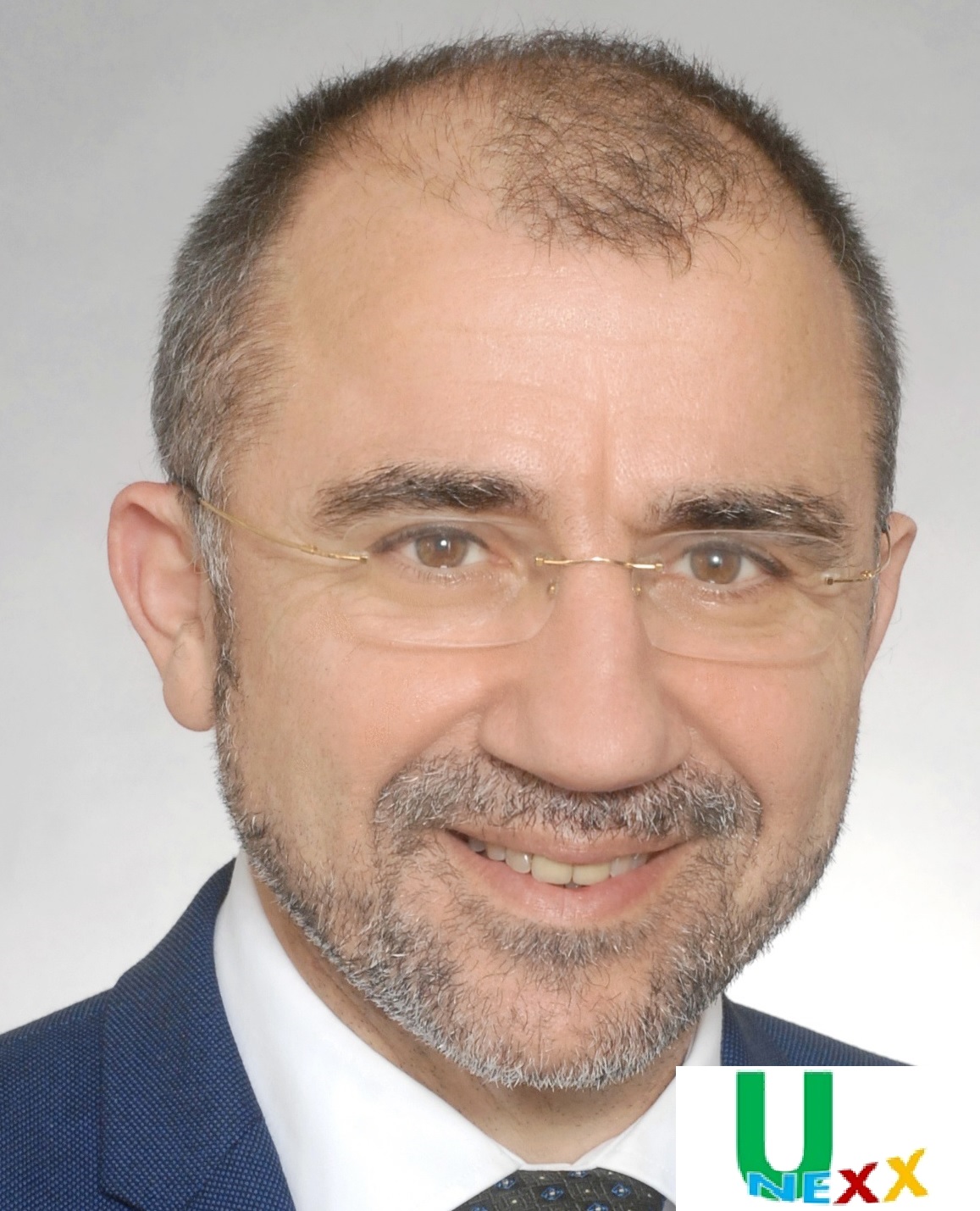” Too heavy, too slow, too expensive “, which French CIO did not once hear the echo of these Pascal LAMY’s words, by the times he was EDF CIO ? Statements of weakness of practices, lack of professionalism, moving in a hurry, loom frequently among IT Division criticism when projects fail. Even software editors, pointing out their industrial practices, dare sometimes to blame customers whose failure could darken their reputation.
By the times of Mainframes era, IT Divisions had a role of development and applications management, close to a software editor or an internal software administrator job. Comparing their jobs as well as refering to industrial practices, was then significant. Today, IT Divisions contribute furthermore in strategic and tactical decision-making. The part of studies in budgets increased exponentially. How to figure out objectively performance and productivity when metrics, like function points or lines of code, are unsuitable with respect to a job of internal consultant, manager, integrator and components assembler which requires much more to decide quickly.
As example, IT architecture quality for which effort is hardly quantified appears more and more a key factor of projects good achievement. In such a landscape, the belief in industrial practices via business processes formalization and Quality management methods was never so powerful. While the job of computer engineers is changing boosted by innovations and technological breaks, methods based on repetitive tasks and continuous improvement are spreading. Did I not read recently an IT manager writer wondering in a review about the necessity of being certified ISO 27000:2005 besides the certification ISO 20 000 ?
The stake of modern IT Divisions, is not any more toward processes, but with skills which allow to facing new situations and make organisations adaptable. How to acquire, maintain and develop these complex skills which fuel optimal Decision-making and increase quality of IT Division job ? Being able to have a strategic and management vision, to drive complex relationships between suppliers, business divisions, and IT, being aware of last practices and technologies, are required skills in diverse proportions for every IT Division worker.
It is a fascinating challenge to find out for each IT Division worker the way of enhancing his skills. Besides motivated people which contribute to a common project, it is a way, for IT Divisions, to enhancing competences and know-how globally. The profit is a better capacity to adapt to change, a greater adequacy and reactivity with respect to business requirements. This leads to improve stakeholders satisfaction and to get IT strategic alignement.
Times come for IT Divisions to focus more on people than on processes. It is the main stake for the post industrial age set by societies of knowledge workers.
Powered by ScribeFire.
